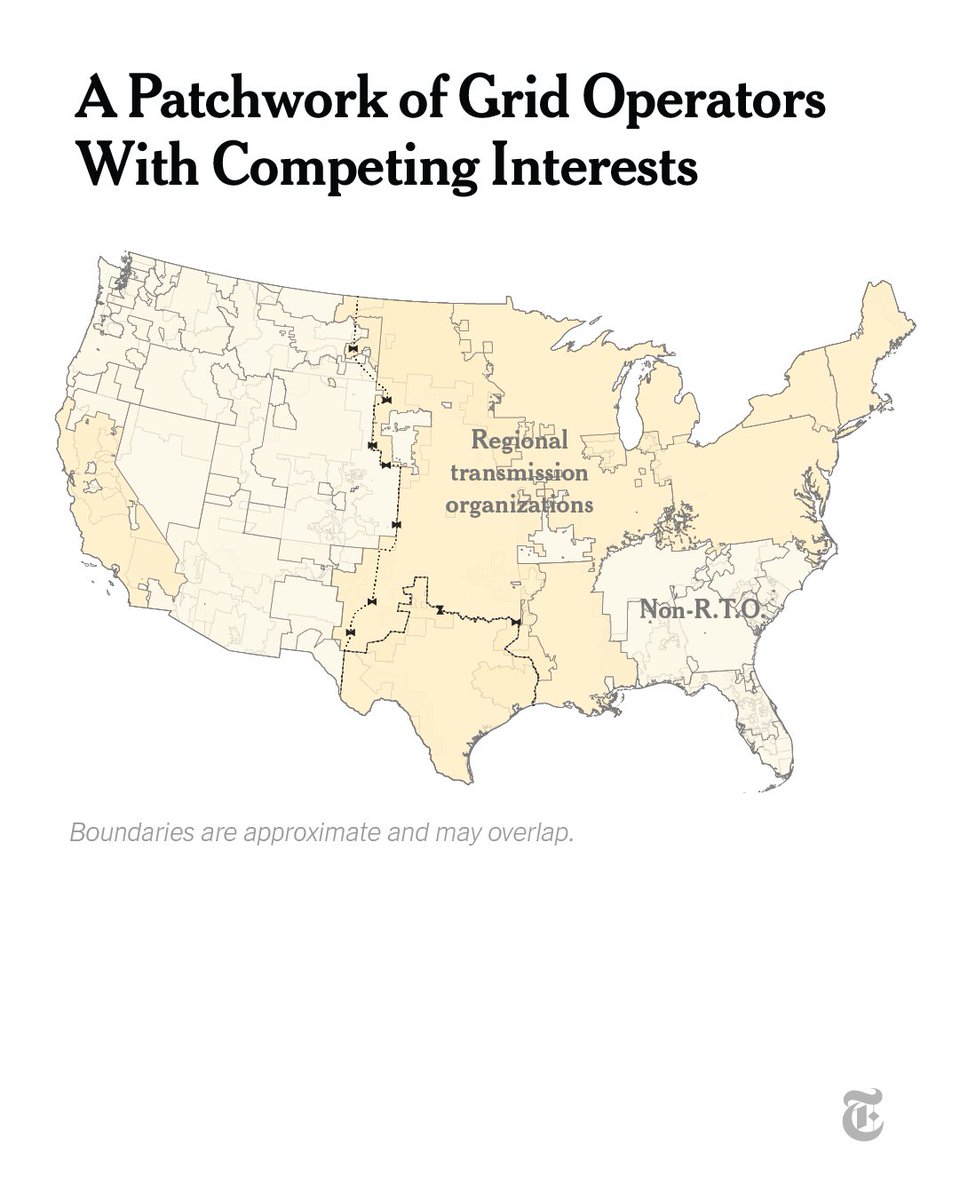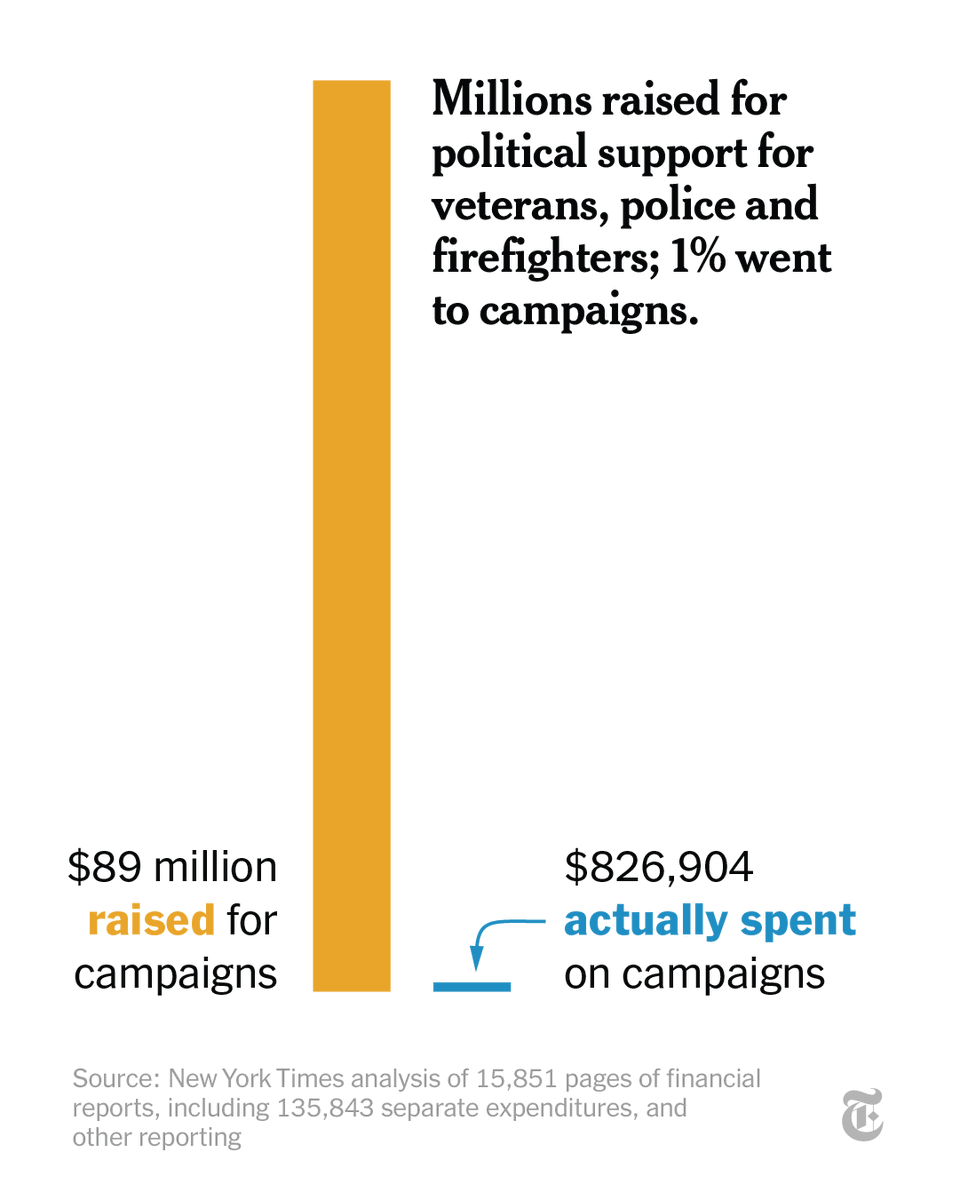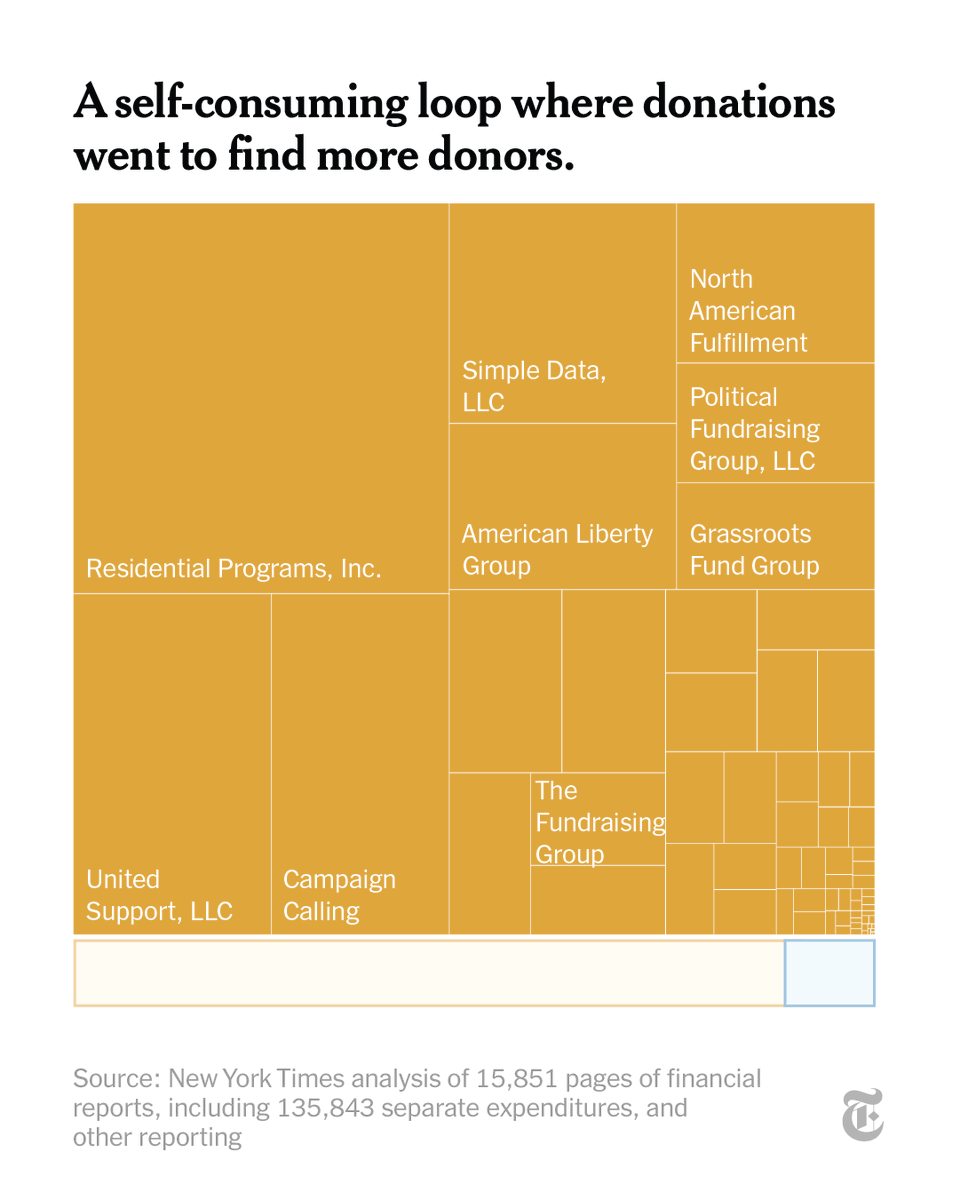“Windows turned into daggers and furniture into shrapnel. The air itself became a battering ram.”
A devastating explosion ripped through Beirut one year ago today. For many, the disaster continues. Survivors of the blast reflect on what they lost that day.nyti.ms/3rQixBo
A devastating explosion ripped through Beirut one year ago today. For many, the disaster continues. Survivors of the blast reflect on what they lost that day.nyti.ms/3rQixBo
Andrea Najarian, 24, was alone in his grandmother’s apartment when the explosion smashed everything inside and threw him from wall to wall.
After two surgeries, he has a constellation of scars across his body. nyti.ms/37iLnAU
After two surgeries, he has a constellation of scars across his body. nyti.ms/37iLnAU

Renée Boutros couldn’t reach her aunt after the explosion. So she went to the hospital, which had become a disaster zone, and found her aunt’s body there.
Boutros didn’t sleep that night. A year later, she has yet to shed a tear for her loss. nyti.ms/37iLnAU
Boutros didn’t sleep that night. A year later, she has yet to shed a tear for her loss. nyti.ms/37iLnAU

The blast destroyed the left eye of Makhoul al-Hamad’s 5-year-old daughter. While waiting to get her into surgery, he had to cover her right eye so she wouldn’t see the other injured patients around her. The scene has stayed with him since. nyti.ms/37iLnAU 

On the day of the blast, Elias Khoury, 15, texted a group chat with his friends, telling them he had heard a loud sound coming from the port but didn't know what it was. He was scared. Then he stopped messaging.
He died two weeks later. nyti.ms/37iLnAU
He died two weeks later. nyti.ms/37iLnAU

Julie Apolinario, 36, migrated from the Philippines to Beirut years ago for a better life. She was cleaning in an apartment near the port when the explosion sent glass flying all around her. Loud noises still make her heart rate soar. She hates fireworks. nyti.ms/37iLnAU 

“On Aug. 4, 2020, at 6:08 p.m., at the end of a searing summer day, the earth shook, the buildings swayed and the sky roared.”
Read more reflections from survivors of the Beirut explosion: nyti.ms/37iLnAU
Read more reflections from survivors of the Beirut explosion: nyti.ms/37iLnAU
• • •
Missing some Tweet in this thread? You can try to
force a refresh















